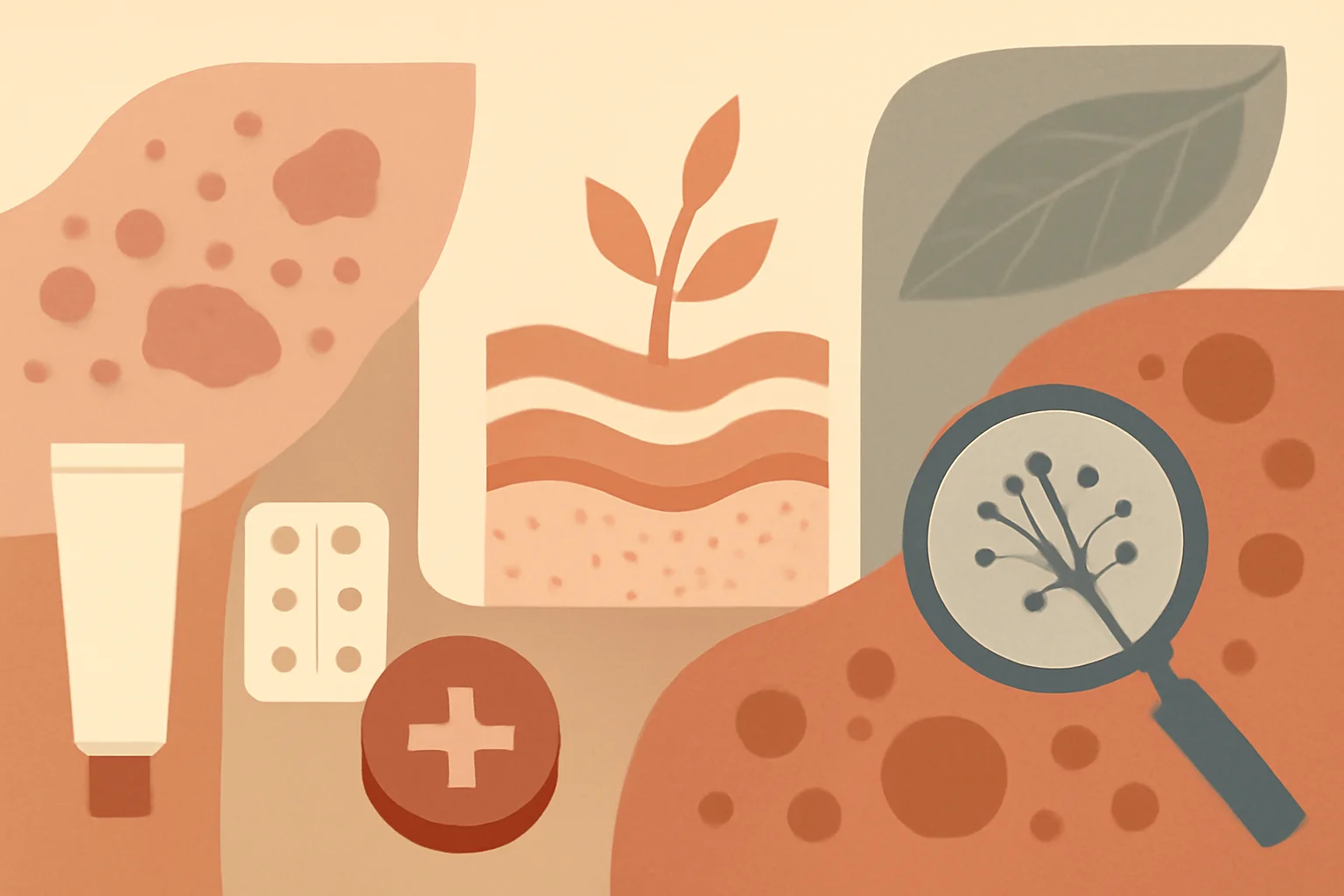
The effect of the serpentine on transportation and driving experience
The serpentinite is a special plant that not only has aesthetic value but also possesses numerous beneficial effects on the human body and the environment. Among the naturally occurring herbs, serpentinite plays a prominent role as it is rich in nutrients and bioactive compounds. People have used it for medicinal purposes for centuries, and modern science is increasingly uncovering its potential.
The effects of serpentinite are incredibly diverse, and many are unaware of the beneficial effects this plant has. Different cultures have developed various uses for it, and the popularity of serpentinite continues to grow. Recent research has confirmed that serpentinite can play an important role not only in traditional medicine but also in modern medical practices.
With the growing interest in natural remedies, more and more people are seeking alternative solutions for various health issues. Serpentinite, as an herb, has numerous beneficial effects worth exploring.
General Characteristics of Serpentinite
Serpentinite, also known as “serpentinus,” is a plant that adapts well to different climates and soil types. It is characterized by its long, creeping stem and dense, green leaves, which are highly decorative. The plant typically grows quickly and can cover larger areas, making it a popular choice as an ornamental plant in gardens and parks.
Both the leaves and flowers of serpentinite can be utilized, as they represent a rich source of nutrients. The antioxidants, vitamins, and minerals found in its leaves help support bodily functions. Additionally, the essential oils of the plant deserve special attention due to their healing properties.
The beneficial effects of serpentinite have been known since ancient times, and it has been widely used in folk medicine. Modern research indicates that the active compounds in the plant may support the immune system, reduce inflammation, and help prevent various diseases.
These properties make serpentinite popular not only as an herb but also as a promising alternative remedy. People are increasingly discovering natural solutions, and serpentinite is receiving significant attention in the field of medicinal applications.
Health Effects of Serpentinite
One of the most important attractions of serpentinite is its health effects. Numerous studies have shown that the plant contains various bioactive compounds that can contribute to the overall well-being of the body. The presence of antioxidants can help neutralize free radicals, thereby reducing the risk of chronic diseases.
The anti-inflammatory properties of serpentinite are also noteworthy. Inflammation is the body’s natural response to injuries or infections, but if it persists, it can lead to numerous health problems. Regular consumption of serpentinite can help reduce inflammatory processes, thus improving overall well-being.
Furthermore, serpentinite supports the functioning of the digestive system. The fibers it contains stimulate bowel movements, contributing to regular bowel habits. Healthy digestion is essential for well-being, and serpentinite can help prevent various digestive issues, such as constipation.
The plant’s immune-supporting effects are also well-known. The vitamins and minerals found in serpentinite can help strengthen the immune response, aiding the body in defending against diseases. A strong immune system is crucial for disease prevention and maintaining fitness.
While serpentinite has many positive effects, it is important to emphasize that it is always advisable to seek medical advice alongside natural remedies, especially in cases of health problems.
Uses of Serpentinite
Serpentinite can be used in many ways, further increasing its popularity. One of the most common forms is making tea, which is a simple and effective way to harness the beneficial effects of the plant. By steeping serpentinite leaves in hot water, we can prepare a delicious and healthy drink that can be consumed daily.
Serpentinite is also available in powder form, which can be added to smoothies, yogurts, or oatmeal. This method allows for easy incorporation into our daily diet, taking advantage of the plant’s benefits. The powdered form of serpentinite is easy to dose, making it a practical choice for everyday health-conscious eating.
Additionally, serpentinite is popular in the form of essential oils. Essential oils are used for aromatherapy purposes and can help reduce stress and promote relaxation. By using essential oils in diffusers, bathwater, or during massages, we can enjoy the beneficial effects of serpentinite.
Serpentinite can also be used externally, for example, in the form of poultices. A poultice made from the leaves can alleviate inflammation and help treat skin problems. Additionally, the plant may appear as an ingredient in various creams and ointments, making it widely accessible in beauty care.
The possibilities for using serpentinite are virtually endless, allowing everyone to find the most suitable way to harness the plant’s beneficial effects.
Environmental Effects of Serpentinite
Serpentinite not only has beneficial effects on human health but also on the environment. As a plant, it contributes to improving soil quality and maintaining biodiversity. The roots of serpentinite help stabilize the soil and can prevent soil erosion.
Moreover, serpentinite attracts pollinating insects, such as bees, which are crucial for plant reproduction. The presence of pollinators supports the maintenance of biodiversity, which is essential for the health of ecosystems. Thus, serpentinite is not just an herb but a vital link in the natural cycle.
Sustainability must also be considered during the cultivation and processing of the plant. With the increasing demand for natural remedies, it is important that serpentinite is grown in an environmentally friendly manner, minimizing the use of chemicals and fertilizers. Sustainable agriculture not only improves the quality of the plants but can also benefit local communities.
Overall, serpentinite is important not only for human health but also for environmental considerations during its cultivation and use. By harnessing the beneficial effects of the plant while being mindful of sustainability, we can also contribute to the preservation of nature.
It is important to note that this article does not substitute for medical advice. Always consult your doctor in case of health problems!

